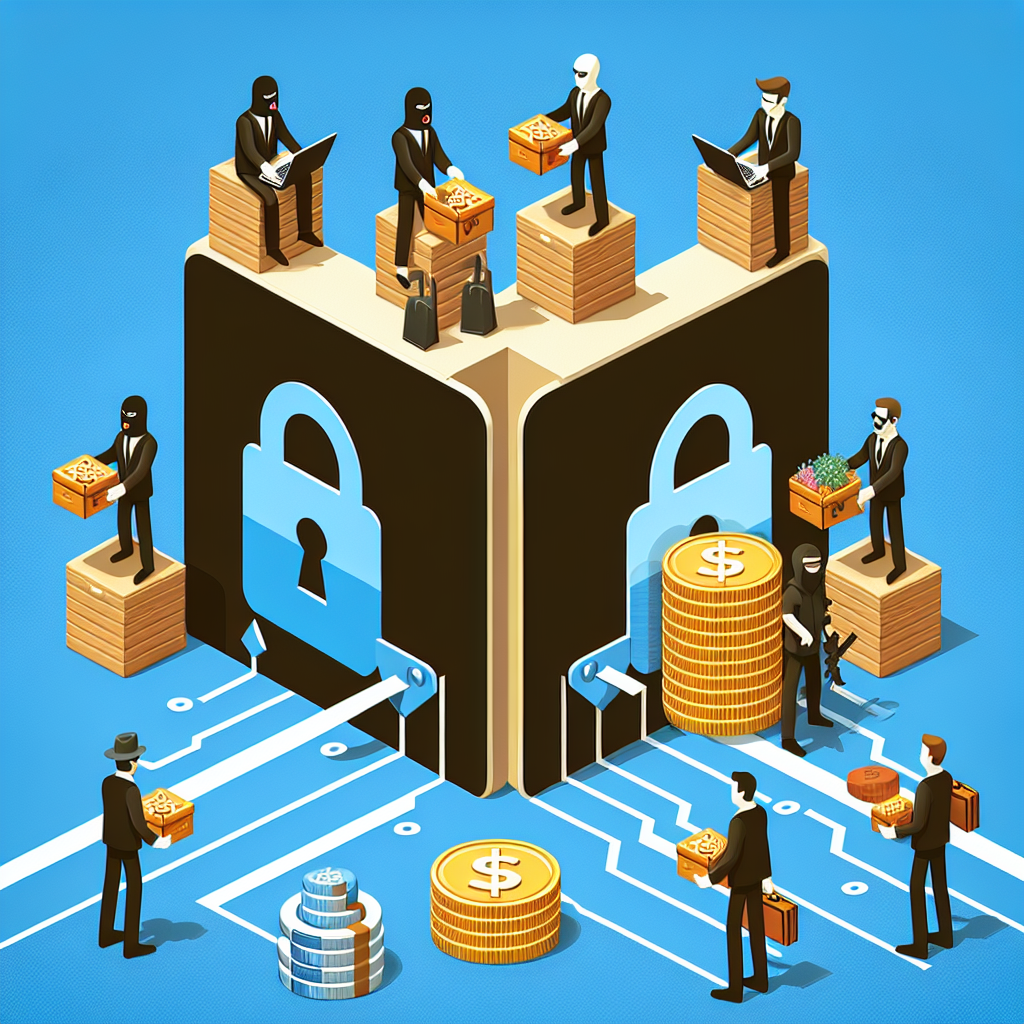Security experts have started the year with a strong stance on combatting ransomware attacks, with a leading security vendor urging the US government to ban ransom payments.
Emsisoft, known for its work in decrypting ransomware, released new analysis this week revealing that 2207 US hospitals, schools, and government entities were directly impacted by ransomware in 2023. The impact also extended to supply chain attacks, affecting thousands of private sector businesses. Shockingly, research estimates that ransomware attacks may have led to the death of one American per month between 2016 and 2021.
In light of the significant economic and societal damage caused by ransomware, Emsisoft emphasized the need for drastic action. The firm highlighted that existing strategies from law enforcement, government, and industry have had minimal effectiveness in curbing ransomware attacks.
Emsisoft threat analyst Brett Callow stated, “Current approaches to combat ransomware are akin to temporary solutions. We cannot solely rely on defense mechanisms or law enforcement efforts to address this escalating threat. As long as ransom payments remain legal, cybercriminals will continue to exploit this avenue. The most effective solution is to eliminate the financial incentive by prohibiting ransom payments entirely.”
While some critics argue that a ban on ransom payments may drive these transactions underground, Emsisoft dismissed this notion. The firm believes that threat actors would shift their focus to less disruptive forms of cybercrime if payments were prohibited. Additionally, the ban does not have to be foolproof; it simply needs to disrupt enough payments to render ransomware attacks unprofitable.
However, Forescout VP and Europol special advisor Rik Ferguson cautioned against penalizing victims of cybercrime. Instead, he suggested directing efforts towards enhancing financial systems to increase transparency in cryptocurrency transactions. This would deter criminals from easily cashing out their illicit gains.
Ferguson emphasized that in cases where critical services are jeopardized, organizations should retain the option to pay ransom demands. This ensures that lives are not put at risk due to a rigid ban on ransom payments.
In conclusion, the call for a ban on ransom payments underscores the urgent need to address the escalating threat of ransomware attacks. By disrupting the financial incentive for cybercriminals, organizations can bolster their cybersecurity defenses and mitigate the impact of these malicious activities.

